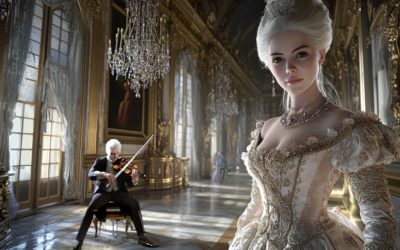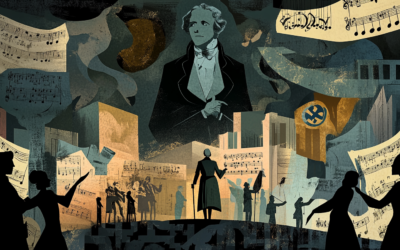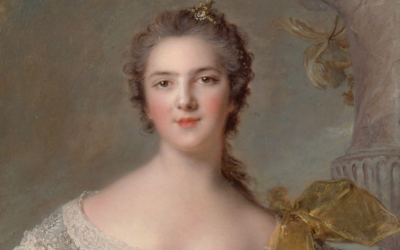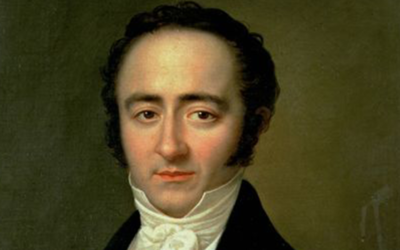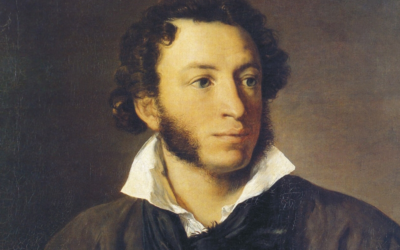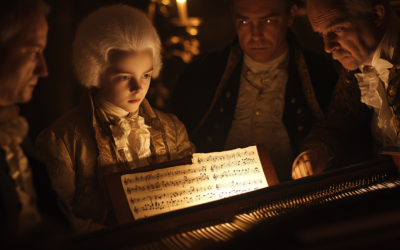Teaching Mozart at Bocconi University
A Fresh Look at Word and Music
We delivered a four-hour lecture on Mozart at Bocconi University, showcasing unpublished music by Gasparini, Gatti, and Tozzi while comparing textual and musical treatment with Mozart’s works. Unseen variants from Le Nozze di Figaro were also revealed.
Mozart: The Fall of the Gods
This book offers a fresh and critical look at the life of Wolfgang Amadeus Mozart, challenging the myths that have surrounded him for centuries. We strip away the romanticised image of the “natural genius” and delve into the contradictions within Mozart’s extensive biographies. Backed by nearly 2,000 meticulously sourced citations, this work invites readers to explore a deeper, more complex understanding of Mozart. Perfect for those who wish to question the traditional narrative, this biography is a must-read for serious music lovers and historians.
"Unseen musical and textual variants from Le Nozze di Figaro manuscripts, presented for the first time, brought a fresh perspective to Mozart’s treatment of words and music."
@MozartrazoM
We recently had the honour of giving a four-hour lecture on Mozart at the prestigious Bocconi University in Milan. The lecture focused on the intricate relationship between words and music, delving into how composers of the Classical Period treated texts in their operas. We were excited to present previously unheard music by Quirino Gasparini, Luigi Gatti, and Giuseppe Tozzi, comparing their treatment of texts with that of their contemporary, Mozart.
The lesson also explored the textual challenges found in Mozart’s works, particularly focusing on previously unpublished variants of both text and music. These variants were sourced directly from manuscripts of the first performance of Le Nozze di Figaro in Vienna, shedding new light on this iconic work. The lecture was met with great enthusiasm, as a large group of students actively engaged with the discussion and the unique materials we presented.
You May Also Like
The Adélaïde Deception: Mozart’s “Lost” Violin Concerto and the Art of Musical Forgery
In the early 20th century, the “discovery” of Mozart’s sixth violin concerto in Paris created a sensation. Dubbed the Adélaïde Concerto and supposedly written for Madame Adélaïde of France, it was hailed as a testament to Mozart’s genius. However, as the story unfolds, it becomes clear that this masterpiece was not the work of the child prodigy but rather a carefully orchestrated hoax by Marius Casadesus. Despite its unmasking as a forgery, the concerto continues to captivate audiences, raising questions about authenticity and the music industry’s willingness to deceive for profit.
Mozart and the Nationalist Illusion: The 1931 Festival and Its Legacy
The Salzburg Festival, far from being a mere celebration of Mozart’s genius, was born out of nationalist ambitions during a turbulent period in Austro-German history. Conceived by figures like Max Reinhardt, Heinrich Damisch, and Friedrich Gehmacher, the festival was deeply rooted in ultranationalistic ideals, transforming Mozart’s legacy into a tool for cultural dominance. The truth behind its founding has long been obscured, but the primary sources tell a different, darker story.
K.6 and K.7 Sonatas: A Fabricated Genius?
The earliest sonatas of Wolfgang Amadeus Mozart, K.6 and K.7, are traditionally seen as proof of his precocious genius. But as we explore the murky origins of these works, we find that they may be more a product of Leopold Mozart’s ambition than Wolfgang’s musical talent. The truth, as always, lies somewhere between the notes.
Georg Nissen and the Missing Notebooks – Part II
This second part delves deeper into Georg Nissen’s scheme to expose the truth about Mozart’s death, and the roles of Constanze Mozart and her sons in keeping it buried. As new details emerge, the mystery surrounding the famous composer’s final days grows even darker, with powerful forces potentially at play.
Mozart and Salieri
Pushkin does not see Salieri as a mere mediocre. In fact, Salieri embodies the struggle of the artist, much like Michelangelo, who reaches greatness through relentless effort. Pushkin himself identifies with both Mozart and Salieri, but he emphasises that true art demands work, discipline, and sacrifice. In poisoning the Mozartian element within himself, Salieri performs a service to art, freeing it from the frivolity of effortless genius. ‘Can genius and malice coexist?’ Pushkin’s answer is complex, but in the end, Salieri’s act seems to affirm that true creation lies in the hands of those who strive.
The Fabrication of Genius
Leopold Mozart’s tireless efforts to promote his son Wolfgang as a child prodigy were rooted in manipulation, exaggeration, and a relentless drive for social success. Far from being a miraculous genius, Wolfgang was pushed into the spotlight by his father, whose grandiose claims often obscured the reality of his son’s abilities.


